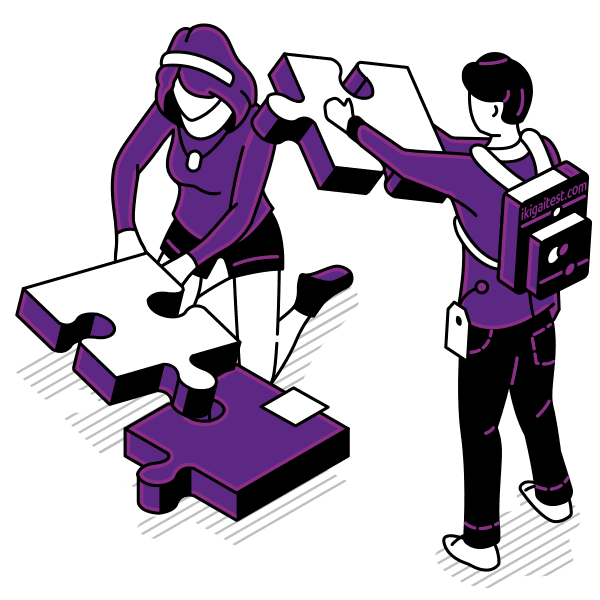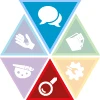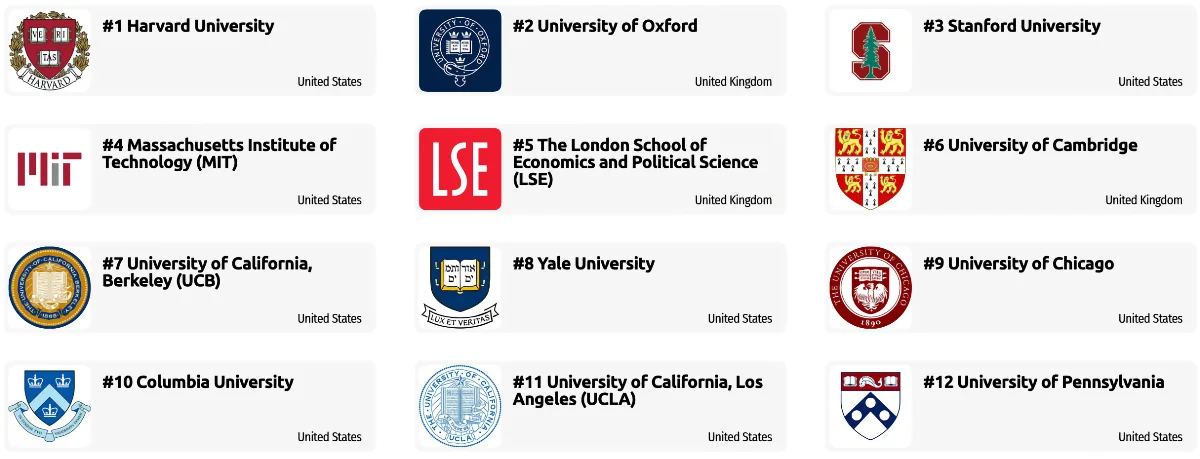Strategist

Most strategists should excel at:
- Establishing long-range objectives and specifying the strategies and actions to achieve them.
- Analyzing information and evaluating results to choose the best solution and solve problems.
- Developing specific goals and plans to prioritize, organize, and accomplish your work.
- Scheduling events, programs, and activities, as well as the work of others.
Analyst

Analysts will often perform the following tasks:
- Identifying the underlying principles, reasons, or facts of information by breaking down information or data into separate parts.
- Using relevant information and individual judgment to determine whether events or processes comply with laws, regulations, or standards.
- Assessing the value, importance, or quality of things or people.
- Compiling, coding, categorizing, calculating, tabulating, auditing, or verifying information or data.
Other work activities related to Clinical research coordinators
- Soliciting industry sponsored trials through contacts and professional organizations.
- Reviewing scientific literature, participating in continuing education activities, or attending conferences and seminars for maintaining current knowledge of clinical studies affairs and issues.
- Preparing for or participating in quality assurance audits conducted by studying sponsors, federal agencies, or specially designated reviewing groups.
- Participating in preparation and management of researching budgets and monetary disbursements.
- Performing specific protocol procedures such as interviewing subjects, taking vital signs, and performing electrocardiograms.
- Interpreting protocols and advising treating physicians on appropriate dosage modifications or treatment calculations based on patient characteristics.
- Developing advertising and other informational materials to be used in subject recruitment.
- Contacting industry representatives for ensuring equipment and software specifications necessary for successfully completing the studies.








